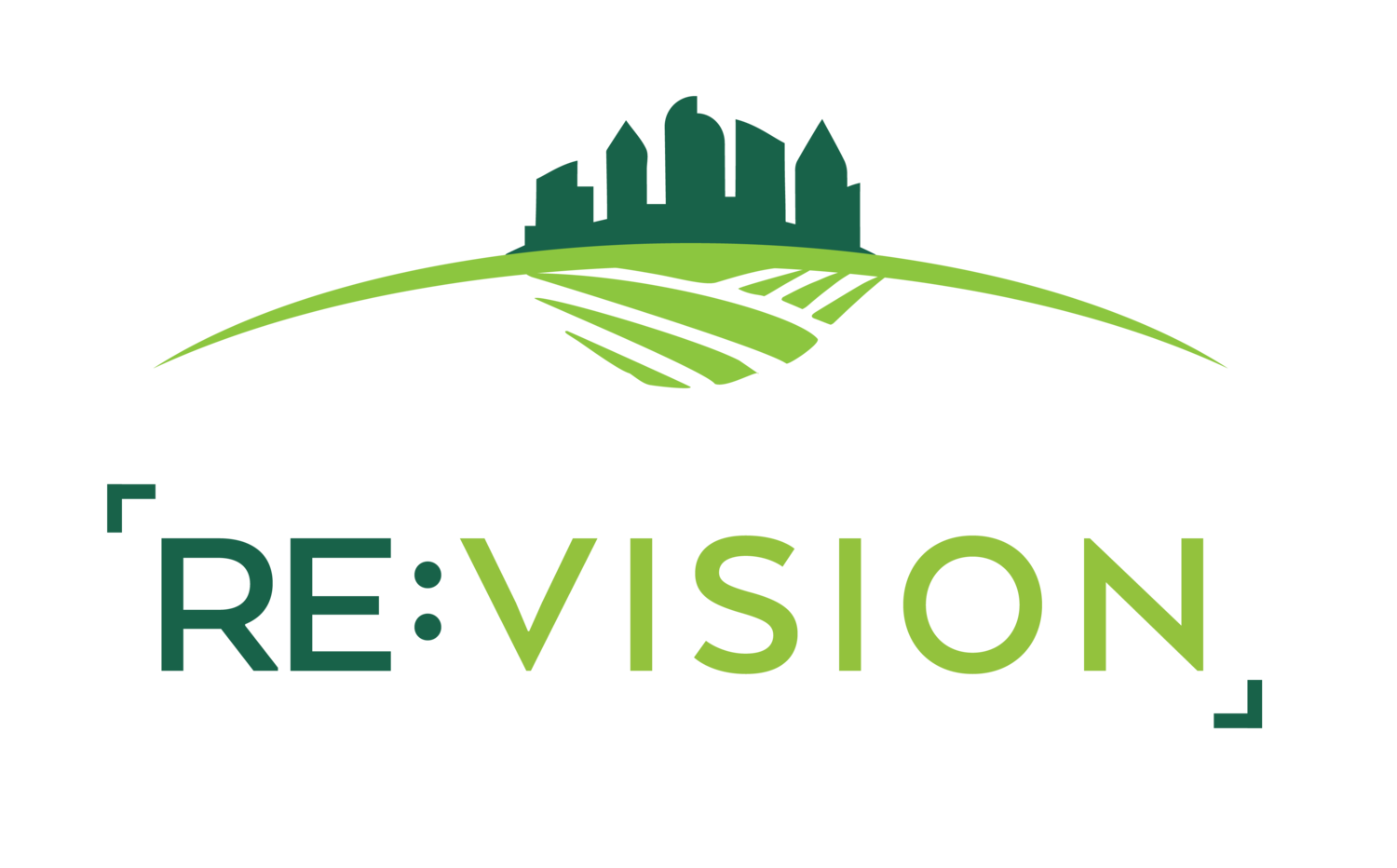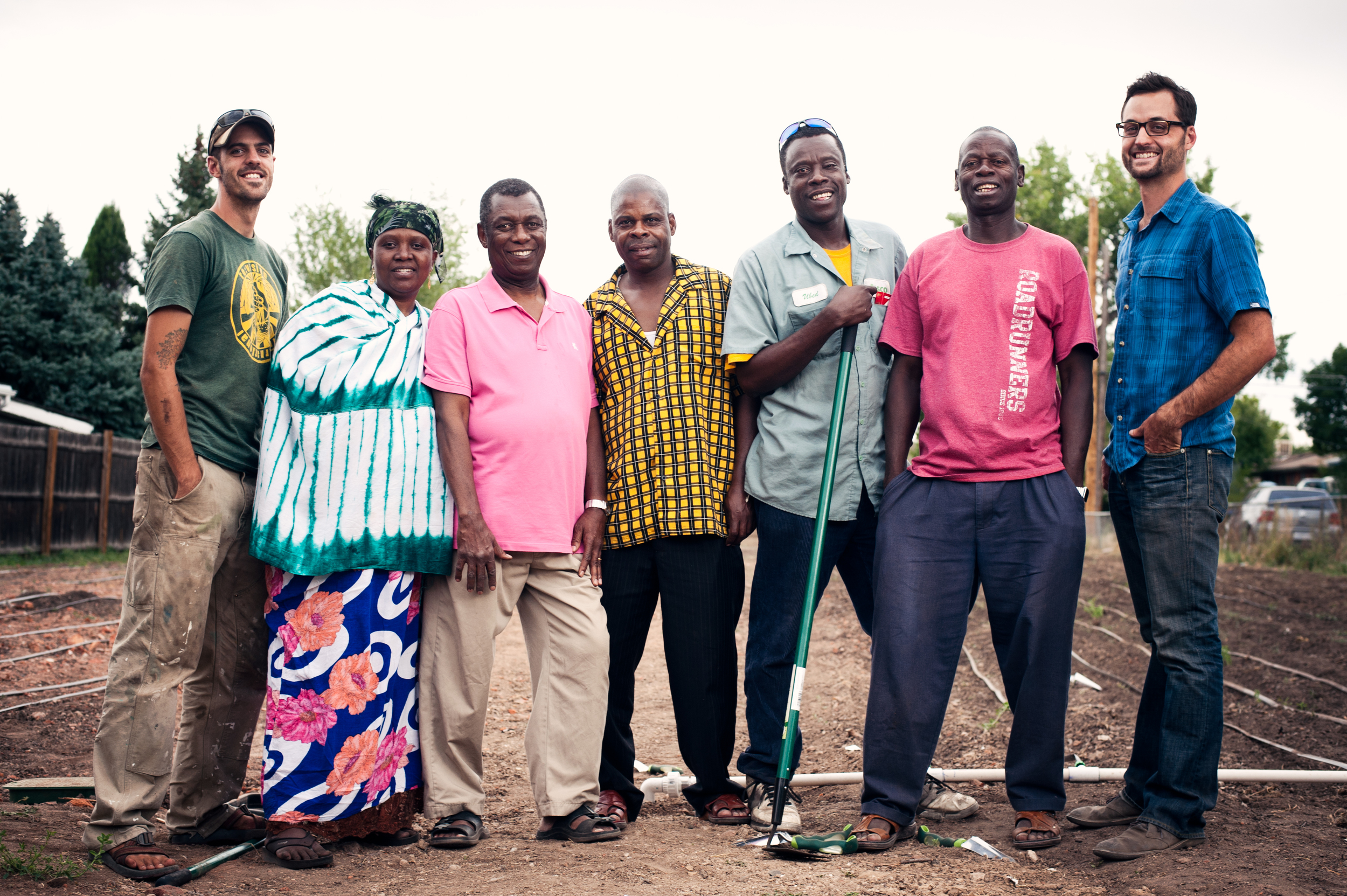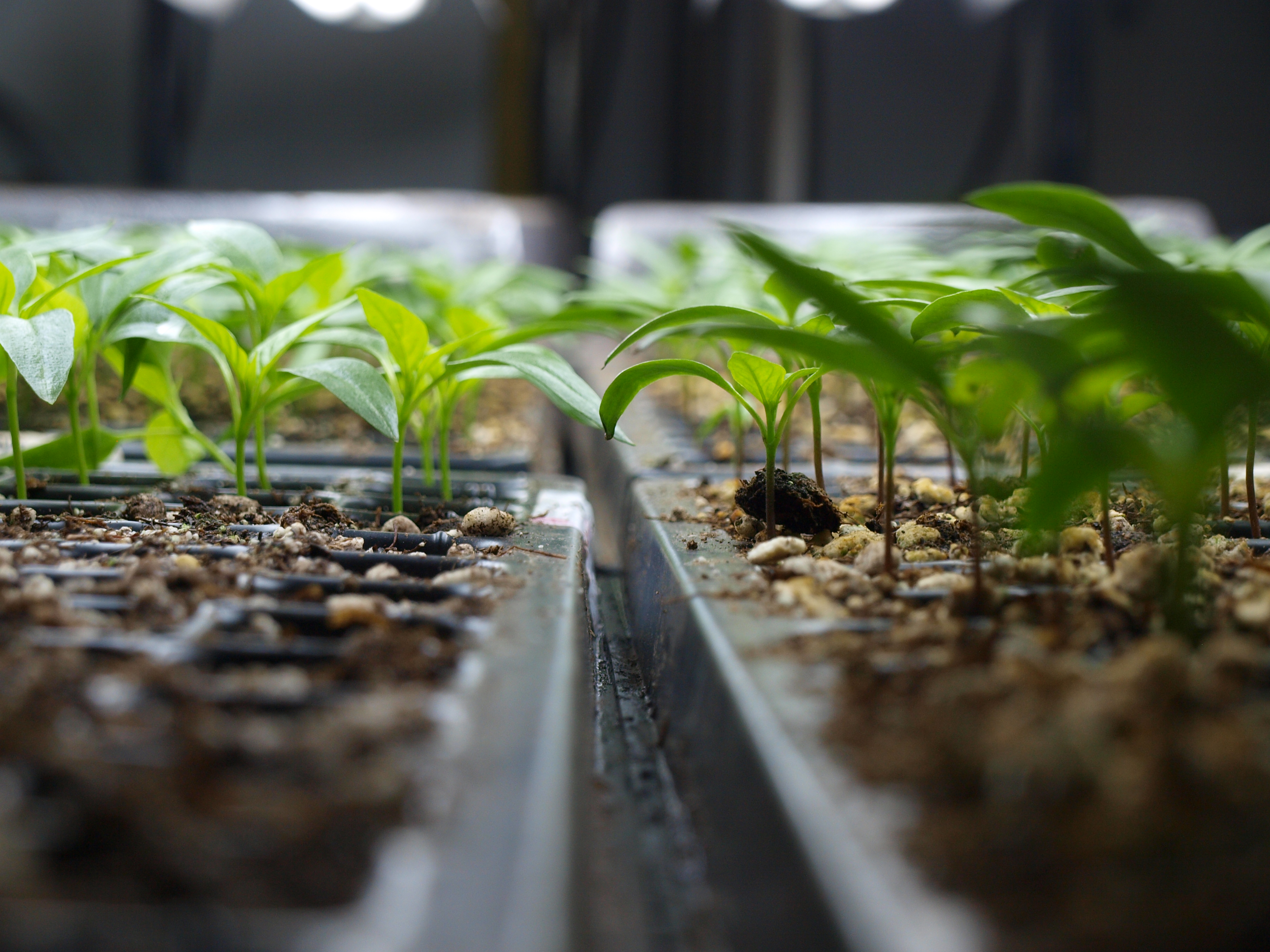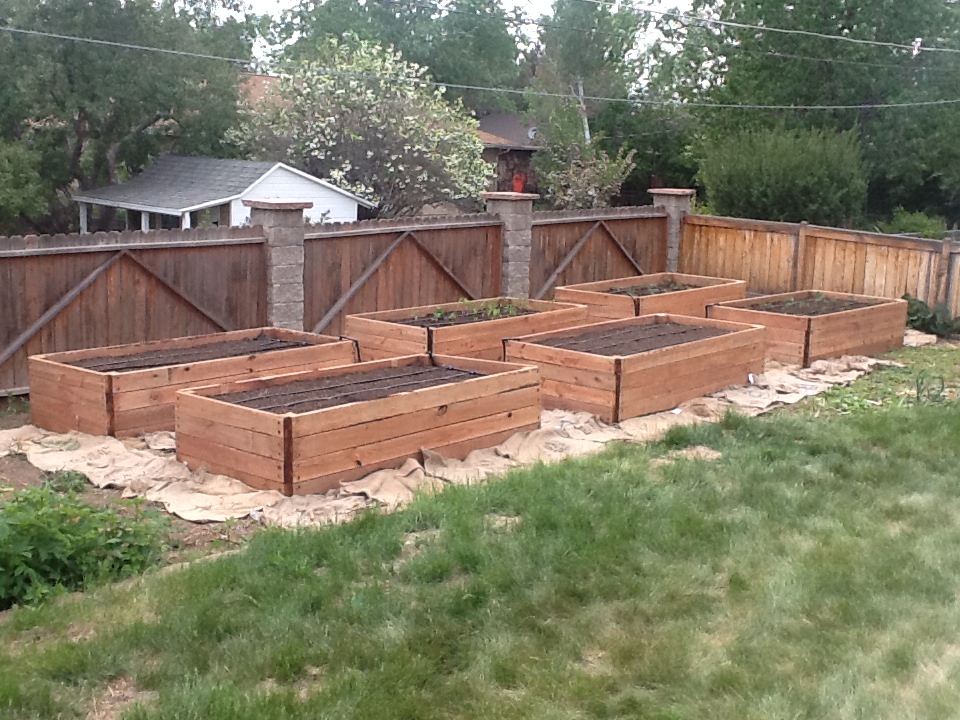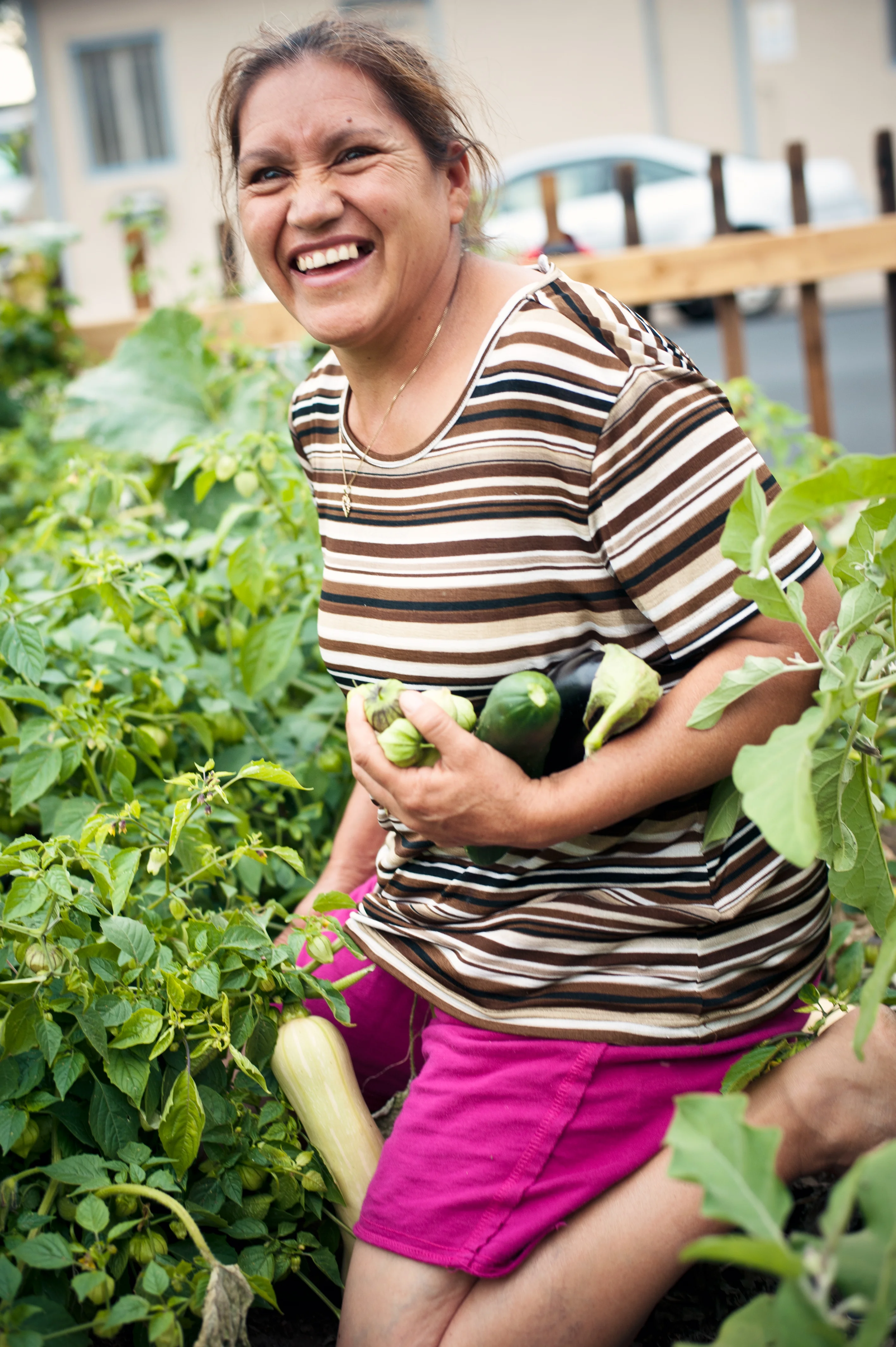
Re:Write
STORIES FROM THE FIELD, PROMOTORA RECIPES, AND CO-OP DEVELOPMENT LESSONS (PLUS SOME POLITICS AND HUMOR, TOO)
Food Insecurity & Malnutrition: A Growing Problem
The United States
Department of Agriculture recently issued results from a study that analyzed the
prevalence of food insecurity within the United States. The study analyzed two different periods of
time: 2006 to 2007 and 2007 to 2011.
These periods equate to the pre and post economic recession
respectively. The results of the study
revealed that during the economic recession, rates of food insecurity amongst
children reached 10 percent, an increase of 1.7 percent during the years 2006
and 2007. Furthermore, the results of
the study showed that food insecurity has increased within households with
working parents, and even if one parent holds a college degree there was still
an increase in food insecurity during the years 2007 to 2011. When working families are unable to provide
enough food to the table, the system is broken.
To prevent families from falling through the cracks, we must take
proactive measures. This is the goal of
Revision: to provide for those whom the system is no longer able.
Revision’s Model: Results that Speak for Themselves
Photo from: http://www.darkrye.com/content/food-desert
When we think of food insecurity, we often imagine underweight children and adults. However, in the United States, food insecurity often presents itself as an excessive intake of calorie-dense foods relative to foods that are nutrient-dense. This occurs for several reasons, but the main factors are price and the proximity to grocery stores. At Revision, we work with the Westwood neighborhood, a food desert by every definition. In areas such as Westwood, food insecurity, obesity and related chronic diseases are prevalent. In order to alleviate the problem of food insecurity in Westwood, Revision has developed a system of urban agriculture that meets the nutritional needs of Westwood by empowering families to grow their own organic produce. With over 200 families participating in our backyard farming program and two urban farms, Westwood has truly seen an increase in food security. On average, a family participating in our backyard program produces 110 pounds of produce--this results in substantial savings at the grocery store for these families. For those who participate in our community urban farms, each member takes home about ten to twelve pounds of produce per week at a cost in between $15 to $20. Clearly, at Revision, our methods of food production increase food security and reduce the costs for nutritious foods. Urban agriculture is key in increasing food security in the U.S., and Revision’s success testifies to the fact.
Written by Austin Lear, Revision Pubic Policy Intern
Water - Part I
It is something which permeates every facet of our lives – it is the foundation of hydration, our food, for our heating and cooling systems, our construction, and our clothing and shelter.
And we’re using A LOT of it.
According to Denver Water, the City & County of Denver uses 265,000 acre-feet of water. Imagine a football field with a foot of water standing on it – then picture 265,000 of those. Let’s put it another way. The average person in Denver uses 168 gallons of water per day! And lest you think its all those restaurants and businesses squandering that water, in all reality, residential (single and multi-family homes) usage accounts for over 65% of all usage (172,000 football fields full of water!).
To top it all off, 55% of all water usage at the residential level is for outdoor irrigation/use, i.e. your sprinkler system.
A quick scenario to bring this home. My wife and I recently purchased our first home in the Barnum neighborhood in August. The average sprinkler head sprays about 3.5 gallons per minute and the home had a sprinkler system consisting of about 10 heads. Now, if we watered as per Denver Water’s Stage 2 watering rules (in effect as of April 1st this year), which is only twice per week, we’d use about 27,000 gallons from May through September and spending about $75 in water bills.
Now, if we switched entirely over to drip irrigation and grew vegetables (which we’re doing), and watered 45 minutes every single day, in that same five month period we’d use approximately 3,200 gallons and spend $8.32!!! Not only would we save $67, we’d also save enough water to provide the average Denver home with 141 days of water!!!! Not to mention all the money we’d be saving on food from the wondrous produce we’ll be harvesting.
And this is a reality for 200 low-income families this year through Revision’s Re:farm Denver program. 200 families are receiving drip-irrigation systems, using less water, saving money, and are empowered to lead healthier lives.
Want to help out? Donate now.
Community-owned Cooperative
Since launching Re:farm Denver in Westwood in 2009, we’ve always had the goal of community ownership of the program. No matter how great the short-term impact – currently, Revision is working with 203 families to establish backyard gardens, and over 40 Somali Bantu refugee families to grow food at Revision’s 2 urban farms in Westwood – if the community does not own and control the entire program, then in the long run it will fail. The biggest challenge, however, has been figuring out the financial sustainability. How can we help the community develop the financial capacity to run the program?
In 2012, Revision’s staff and board started discussing the idea of developing a community food cooperative as a strategy to help community families take over the program and its goals of food production, distribution, and increasing economic opportunities for residents. The cooperative business model is particularly appealing as it brings together a group of people to work together to solve their common needs through shared risk and shared reward. This model is all about member-ownership and member-control - exactly what we have been trying to implement in our program. The coop model goes deeper, however, than just benefiting each member. It is an economic model that focuses on building wealth within the community. A cooperative can help solve the deeper root problems that we are addressing by getting to the economic conditions that result in a lack of healthy food and other resources.
The intent is to have the cooperative aggregate, market, and distribute excess food that is being grown in the community through Re:farm Denver (to date, the program has empowered the community to grow 36,000 pounds of organic produce!). The cooperative will purchase produce from them, providing some much needed income, and at the end of the year, if the coop has been profitable, equity or dividends will be distributed to each member based on their contributions to the cooperative. This is creating income and equity at the same time. Each household will have the opportunity to become member-owners of the cooperative.
Additionally, each member of the cooperative gets an equal vote and an equal voice in the governance and decisions of the organization. They elect a board of directors and will periodically directly make decisions that affect the direction of the coop. Through this form of democratic control, people have a say in the type of community they want. This direct involvement is incredibly powerful, particularly for a community that has long been marginalized and made to believe that they have no power.
Over the past 12 months, Revision has been discussing the idea with family members, residents, and other community partners. There is great excitement about the potential economic impact a cooperative business can have on the community. Over the next several months, we will be developing a steering committee, and working with funders and partners to develop a feasibility study and business plan for the cooperative. Stay tuned for updates!
Community-grown Seedlings
During the dark, cold days of winter, we warm up by reading through stacks of seed catalogues and dreaming of the hot summer days ahead! In order to supply our 200 backyard gardens and 2 urban farms, we have to grow approximately 10,000+ seedlings – no small task!
We just finished our greenhouse at Kepner Middle School, so since we needed to start our seedlings before construction was complete, the little guys have been cozy indoors under grow lights. The back half of our office has been converted into a tropical greenhouse (on cold days, you can find staff members warming up over the plants instead of working at their desk!)
This year we are excited to announce our first annual plant and seed sale! Mark your calendars now for Saturday, April 27th and May 4th and 11th – just in time for Mother’s Day. Not only do we use certified organic seed and growing mediums, guaranteeing quality plants that you can trust, but proceeds from our plant sale will support backyard gardens for low-income families!In addition to seeds and seedling transplants, we’ll be designing and selling custom drip irrigation kits for your garden (bring a detailed, dimensioned drawing of your garden along with the distance to the water source with you), and we’ll have Maxfield’s Organics soil amendment products for sale! Make us your one-stop shop for gardening this year.
Custom Re:farm Denver Gardens Now Available!
Have you ever wanted to start gardening but just don't know how to start? Or perhaps you know how to start or what to do once things are going, but you just can't seem to find time until June to get started - we understand! Through our new program, we're building on our home gardening expertise (to date, Revision has established over 200 backyard gardens!) and helping folks like you get a jump-start into gardening!
We'll come and build you either a raised-bed or in-ground garden, amend your soil, plant it with seeds (April) or seeds and transplants (May), install a custom drip irrigation system on a digital timer and get some trellises set and ready to go. All you need to do is tend to a little weeding and watering, and you will be enjoying a bountiful harvest this summer!
Not only will you receive a custom garden, you will be directly supporting a low-income family to have a garden of their own through our Re:farm Denver program. In addition, you're garden will provide fair-wage jobs for hard-to-employ community members in Denver's most under-served neighborhoods.
For pricing and more information, click here to download a brochure. We look forward to working with you to grow a healthier future together!
Cultivating Community, Planting Seeds
If you’ve followed our blog, you know that we have been starting seedlings in preparation for our upcoming gardening and farming season. This season is our biggest year yet as we plan on reaching 200 backyard gardens!
Only 4 short years ago, we launched Re:farm Denver and planted our first gardens – 7 of them to be exact. The success of our model is based on two key principles: (1) we support families to grow their own food by providing resources and ongoing technical support, and (2) we hire and train residents from the community to become promotoras and empower them to drive the program.
As we speak, promotoras are meeting one-on-one with families to explain the program and help them plan their gardens – what they want to eat, healthiest choices, and what is best suitable for their space. After promotoras complete a site visit and make a garden plan, we bring in nutrient-rich compost to feed and improve soil quality. We then help each family install a water efficient drip-irrigation system controlled with an automatic timer. Later this spring, promotoras will deliver plants and seeds and help each family plant their garden!
New this year, Revision is excited to announce a limited number of gardens for sale! We are exploring the concept of a “one-for-one” model where a family that can afford to pay for a garden will help offset the cost of a low-income family’s garden.
Please check back for more information, or contact us here.
Transforming Families, Transforming Communities
In 2009, we began teaching families how to grow food in their own backyard in order to feed their family healthy, fresh, organic food. For most of these families, this is the only way that they can afford to eat healthy, the only way they can feed their children organic produce. We started in the Westwood neighborhood, nestled in Southwest Denver and the home to most of our family gardeners. Westwood is food desert, meaning the residents have no grocery store in their community. This, coupled with their modest economic resources, translates into an unhealthy diet. A 2009 study of the neighborhood found that 76% of adults were either overweight or obese.
From seven families in 2009, to 87 in 2011, our program more than doubled every single year. In return for providing families with the resources and technical support to feed their family, we ask that they pay the gift forward and refer another family to join the program.
In 2012 we helped 168 families learn how to grow their own food and feed their family. Over 90 percent of these families live on less that $15,000 a year – which is abject poverty. But because of our program, over 16,000 pounds of organic produce was grown this year in a community that has zero healthy food options.
But these numbers alone do not tell the real impact that our work has. Based upon data collected from 160 families this year:
- 93% said that they eat more fruits and vegetables
- 94% eat fresher food/less packaged food
- 96% cook at home more
- 84% eat more organic food
- 84% eat less fast food
This data shows that Revision’s model is having an immediate and measurable impact on a community that has the highest rate of obesity in children under the age of 18, in a community where the average household income is 50% less than the average Denver household, and in a neighborhood where this is no healthy fresh food.
The success of this program has been rapid. After 4 short years, we have built a critical foundation for a community to change. We have cultivated leaders from within, offering them a better life and new opportunities. We have helped guide a community to develop their own food system – through the production and distribution of healthy food, and through the education and job creation that encompass it. We are not just growing gardens. We’re growing community. We’re not just cultivating food. We’re cultivating potential.
And we're not content to let it rest at potential. Starting in 2013, Revision will coalesce all the momentum in the neighborhood so far - over 200 gardening families, 2 urban farms, the beginnings of a meaningful food distribution framework, and ever-deepening education - into a community-owned cooperative. This would be a separate entity, owned, led, staffed, and managed by community residents themselves. This cooperative, over a transition period of a few years, will provide economic opportunity, enhance the existing community resources, facilitate the production and distribution of food by, and for, the community, and increase the access to healthy food in a food desert. In 2013 Revision will begin by holding community meetings, recruiting and training a co-op board of directors comprised mostly of residents, and bringing together experts in cooperative development to aid in establishing a sustainable business plan and operating framework.
We'll keep you updated on the progress of the cooperative development throughout the year on this blog, so stay tuned!
